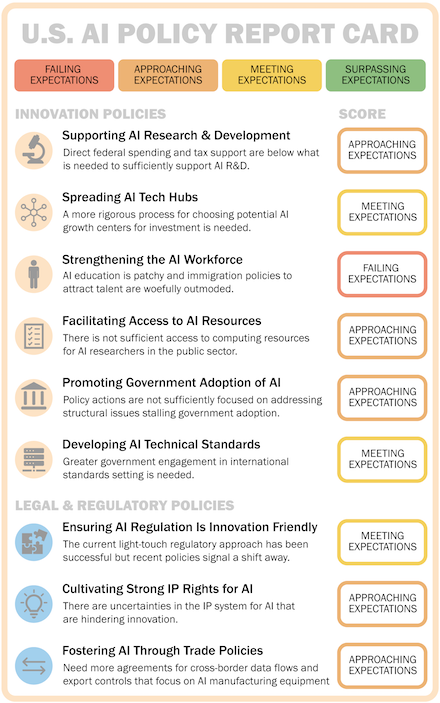Quick Summary
On Wednesday, a group of 24 members of Congress unveiled a report outlining a vision for responsible artificial intelligence (AI) innovation in the United States. The report emphasizes the need for appropriate safeguards to address both current and future threats posed by AI technologies.
Key Findings and Recommendations
- The report includes 66 key findings and offers 89 recommendations aimed at establishing a robust policy framework that balances innovation with the protection of American citizens.
- Lawmakers stress that this report is not the final word on AI policy, but rather a tool for evaluating future proposals.
- They advocate for an agile approach to legislation that allows for ongoing learning and adaptation as AI technologies evolve.
Composition of the AI Task Force
The AI Task Force, initiated in February, consists of an equal number of Republicans and Democrats, co-chaired by Reps. Jay Obernolte (R-California) and Ted Lieu (D-California). The task force engaged with over 100 experts from various sectors to gather insights on AI issues.
Policy Goals
The overarching goals outlined in the report include:
- Identifying new AI issues
- Promoting AI innovation
- Protecting against AI-related risks
- Empowering government use of AI
- Maintaining a human-centered approach in AI policy
Sector-Specific Recommendations
The report provides recommendations across various sectors, including:
- Government use of AI
- Data privacy and national security
- Research and development standards
- Civil rights and liberties
- Education and workforce development
- Healthcare, agriculture, and financial services
Focus on Healthcare
In the healthcare sector, the report highlights the potential of AI to enhance research, diagnosis, and care delivery. Key points include:
- AI can analyze large datasets to improve diagnostic accuracy and streamline operations.
- However, challenges such as data quality, decision transparency, and potential biases must be addressed.
Recommendations for Healthcare
To ensure the safe and effective use of AI in healthcare, the report suggests:
- Encouraging practices that ensure AI is safe and transparent.
- Supporting healthcare research related to AI.
- Creating incentives for risk management of AI technologies.
- Developing standards for liability related to AI issues.
Conclusion
The bipartisan effort aims to create a comprehensive policy roadmap for AI that addresses both innovation and public safety. Congressional leaders emphasize the importance of ongoing dialogue and legislative action to ensure that AI technologies benefit all Americans.
